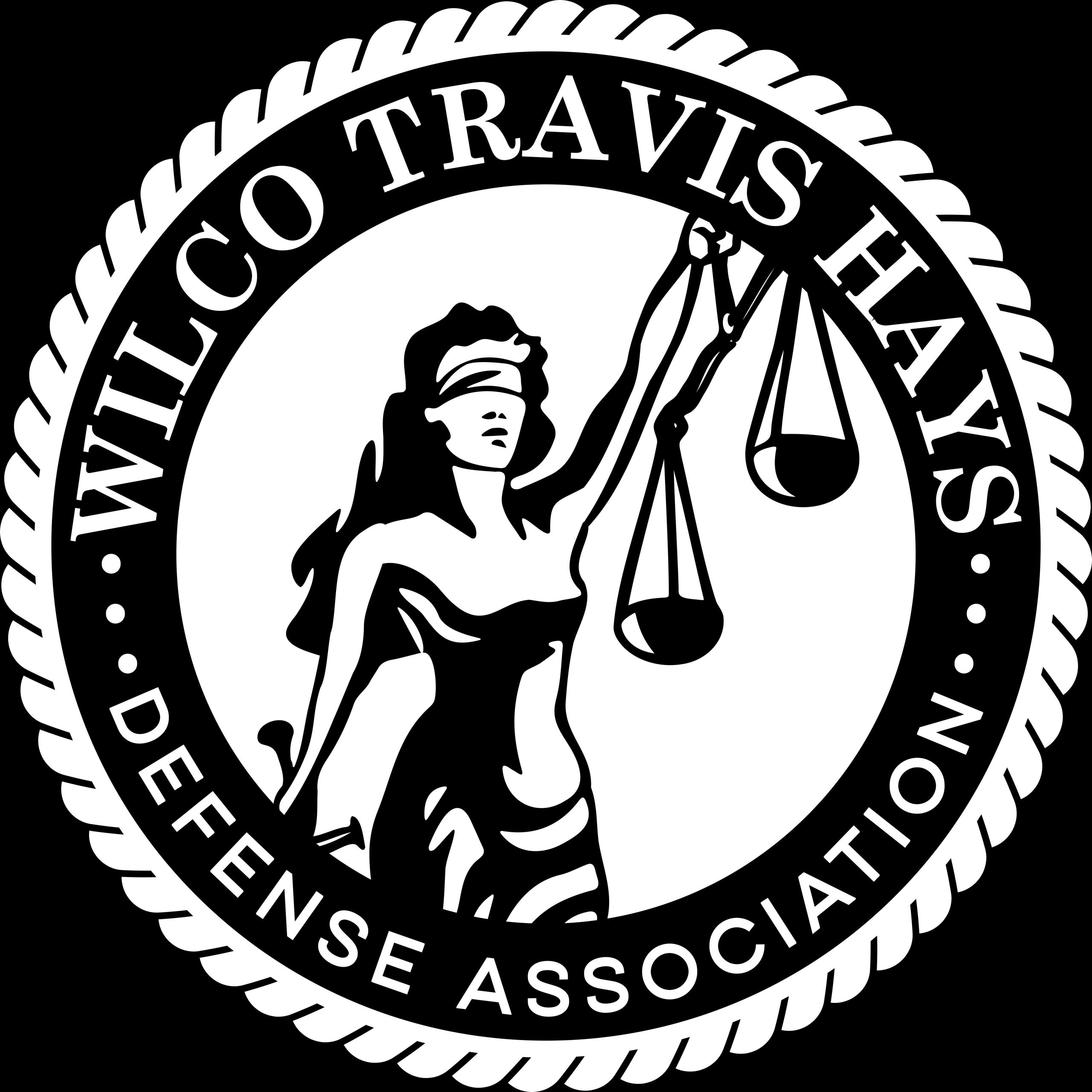The frequency of criminal background checks has increased significantly as employers want to learn more about the background of potential employees and with it the need for expunctions and nondisclosures. Apartment managers want to know who they are renting to. Adoption agencies, hospital boards, educational facilities and many others now check backgrounds out of security concerns.
With information readily available on the internet, a criminal background search of a person on the Texas Department of Public Safety website costs just $3. This creates difficult circumstances for people who have criminal charges on their records by forever impacting their ability to find a job or apartment.
Texas law allows two main procedures in which citizens have the opportunity to clear their adult criminal record (in limited circumstances, being expunctions and nondisclosures). The first is expunction which is primarily for defendants whose charges are dismissed or who win not-guilty verdicts. The second, a Petition for Nondisclosure, applies only to defendants who successfully complete deferred adjudication for certain offenses.
Since expunction or nondisclosure do not apply to a final conviction, any defendant sentenced to jail or prison, or with a final conviction on their record, cannot clear that conviction from his or her record. The only exceptions are if a pardon is granted from the governor or the conviction is challenged through a writ of habeas corpus.
What is Petition for Criminal Nondisclosure
When a person successfully completes deferred adjudication, his or her case will be dismissed, and they will not have a conviction on their record. However, because deferred adjudication records are public record, they are not automatically removed from a defendant’s criminal history upon successful conclusion of the community supervision (probation) period. The law does not provide for expunction of deferred adjudication records. The records become part of the defendant’s permanent record. The arrest, court process, plea of guilty, probation and dismissal will all appear on a criminal background check.
Unless there is a court order directing otherwise, records of a prosecution resulting in a deferred adjudication are publicly available in the District Clerk’s (felony) and County Clerk’s (misdemeanor) records, the Texas Crime Information Center database maintained by the Texas Department of Public Safety, and the National Crime Information Center maintained by the Department of Justice. The records may also be held by any magistrates, justices of the peace, pre-trial services offices, municipal, state, or county law enforcement agencies, and other agencies that at some point were involved in the arrest and prosecution.
There are two ways deferred adjudication community supervision records can be made non-public:
1. Petition for nondisclosure
Under Section 411.0725(d), of the Government Code, effective September 1, 2015, a court can prohibit criminal justice agencies from disclosing to the public criminal history record information related to certain offenses for which the offender was placed on deferred adjudication. There are many offenses, however, for which this procedure is unavailable.
2. Class C deferred adjudications
By filing an expunction under Article 45.051(e), Code of Criminal Procedure (if the Class C deferred adjudication was imposed in justice court or municipal court), or by filing an expunction under Article 55.01(a)(2), Code of Criminal Procedure (if the Class C deferred adjudication was imposed in county or district court). Expunction is not available for deferred adjudication sentences for Class B, Class A, or felony offenses.
A defendant may be disqualified if he commits an offense after the deferred adjudication has been completed and before filing the petition.
Anyone who has ever committed any of the following offenses (including the offense for which the defendant received deferred adjudication) is not entitled to seek an order of nondisclosure:
• Abandoning or endangering a child
• Aggravated kidnapping
• Aggravated sexual assault
• Attempt, conspiracy, or solicitation to commit any of the above offenses
• Burglary of a habitation with intent to comment any of the above offenses
• Capital murder
• Compelling prostitution
• Indecency with a child
• Injury to a child, elderly individual, or disabled individual
• Murder
• Possession or promotion of child pornography
• Prohibited sexual conduct (incest)
• Sexual assault
• Sexual performance by a child
• Stalking
• Unlawful restraint, kidnapping, or aggravated kidnapping of a person younger than 17 years of age
• Violation of protective order or magistrate’s order
• Any other offense involving family violence
Petition for Nondisclosure Waiting Periods
Under Section 411.0725(e), effective September 1, 2015, a defendant may need to wait a certain period of time after the date of discharge and dismissal before filing a petition for an order of nondisclosure. The operative date is not the date that the defendant entered his plea; it is the date the deferred adjudication was concluded.
Type of offense |
Waiting Period |
|---|---|
| All Felonies | 5 years from date of discharge and dismissal |
| The following misdemeanors:
• Abuse of corpse • Advertising for placement of child • Aiding suicide • Assault • Bigamy • Cruelty to animals • Deadly conduct • Destruction of flag • Discharge of firearm • Disorderly conduct • Disrupting meeting or procession • Dog fighting • False alarm report • Harassment • Harboring runaway child • Hoax bombs • Indecent exposure • Interference with emergency telephone call • Leaving a child in a vehicle • Obstructing highway or other passageway • Possession, manufacture, transport, repair, or sale of switchblade knife • Public lewdness • Riot • Silent or abusive calls to 9-1-1 service • Terroristic threat • Unlawful carrying of headgun by license holder • Unlawful carrying weapons • Unlawful possession of firearm • Unlawful restraint • Unlawful transfer of certain weapons • Violation of protective order preventing offense caused by bias or prejudice |
2 years from date of discharge and dismissal |
| All other misdemeanors | May file immediately on discharge and dismissal |
Whether you are dealing with a family law crisis, an immigration deportation hearing, a real estate issue, facing a felony or misdemeanor conviction, expunctions and nondisclosures, or really anything in between, we have an attorney that is passionate and ready to take on your case. When hiring attorneys to work here, we make sure that they pick the area of law that they are most passionate and experienced to work in and limit them to just those areas. We also make sure that they exemplify our core values: excellent communication, compassionate care, and honorable treatment.
Unfortunately, attorney have a horrendous reputation with client satisfaction and for good reason. It may shock you to know that the number one reason attorneys get disbarred from practicing law is that they fail to adequately communicate with their clients. We aim to change that completely around and promise that you will never be left in the dark. With so much on the line, it is vital that you hire a passionate, knowledgeable, communicative, and caring attorney to actively fight for your rights. At AZ Law Firm, we are committed to doing just that.
We understand times are tough and that there probably hasn’t been a tougher time in your life. Although we could get away with charging exuberant amounts, we prefer not to as we are a law firm by the people, for the people. We do not want you to worry about whether you can afford to hire an attorney to protect and defend your rights. Call us and be surprised at the quality you receive compared to what other law firms will quote you!
Accordingly, the attorneys at AZ Law Firm will always provide you with a free initial consultation. During this initial consultation, one of our attorneys will evaluate your case, inform you of any legal options that may be available, and allow you to ask any questions that you may have. AZ Law Firm offers affordable rates for all our clients and will work with you on payment plans. Our firm accepts checks, debit cards, and most major credit cards to cover the costs of your legal representation.











